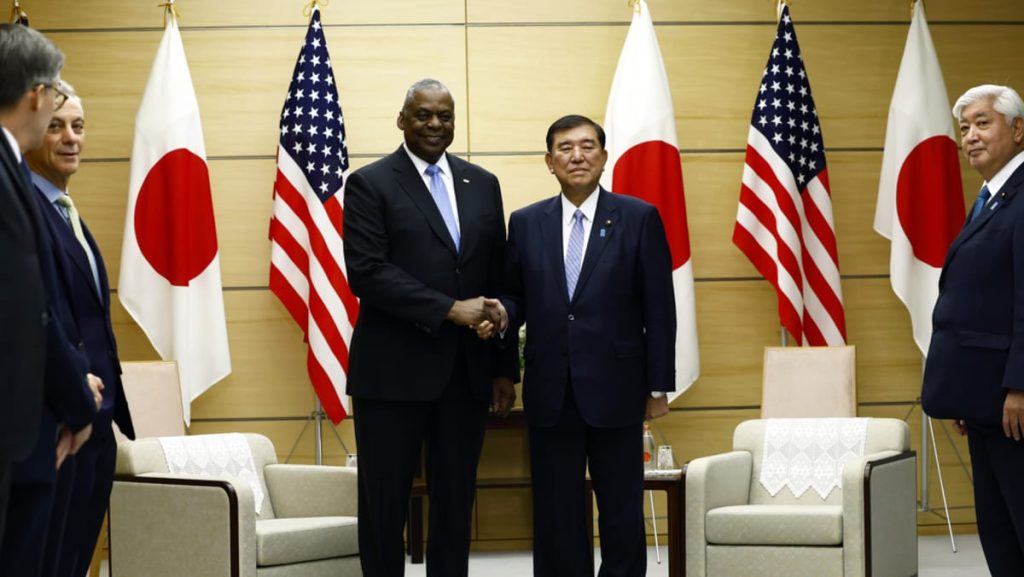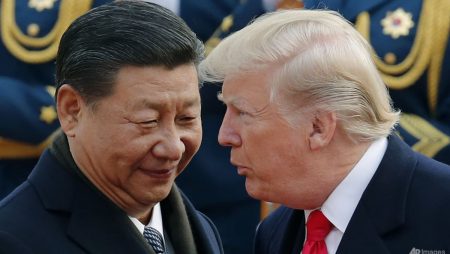Japan, despite recent political fluctuations including the loss of parliamentary majority by former Prime Minister Shigeru Ishiba, stands as America’s most dependable ally in Asia. This alliance is anchored by shared strategic interests, particularly in countering the growing influence of China in the region. However, for this partnership to reach its full potential, especially in the crucial area of intelligence sharing, Japan must address critical vulnerabilities in its own security infrastructure, most notably in cybersecurity and data protection. A 2023 incident, where the US alerted Japan to Chinese state-sponsored hackers infiltrating its defense networks, underscores the urgency of this issue. While Japan has made strides in bolstering its defense capabilities, including increased spending, a comprehensive approach to cybersecurity is paramount for safeguarding sensitive information and ensuring the efficacy of intelligence collaboration.
The effectiveness of any intelligence-sharing arrangement hinges on the mutual trust and confidence of the participating nations. For Japan, achieving this level of interoperability with its allies, particularly within the Five Eyes intelligence alliance (comprising the US, UK, Canada, Australia, and New Zealand), requires bolstering its internal security apparatus. The 2013 legislation addressing top-secret material across defense and diplomacy, while a step in the right direction, has proven insufficient to protect national secrets from sophisticated cyberattacks. A more robust and comprehensive approach is needed, encompassing technological upgrades, enhanced security protocols, and a cultural shift towards prioritizing data protection. This includes investing in advanced cybersecurity technologies, implementing stringent data access controls, and fostering a culture of cybersecurity awareness across government agencies.
A significant obstacle in Japan’s path towards becoming a full-fledged intelligence partner lies in its historical reluctance to establish a robust intelligence community. Post-World War II public sentiment against such agencies hampered their development, leaving Japan without an equivalent to the CIA or MI6. This deficiency limits Japan’s ability to contribute human intelligence – crucial information gleaned through espionage, reconnaissance, and other covert activities – to the Five Eyes partnership. Building this capacity requires not only overcoming historical sensitivities but also investing in the training and development of skilled intelligence operatives, establishing secure communication channels, and integrating these new capabilities seamlessly into the existing security architecture.
Joining the exclusive Five Eyes alliance necessitates adherence to stringent standards regarding intelligence gathering, analysis, and dissemination. Japan must demonstrably meet these standards, including implementing rigorous vetting procedures for personnel handling classified information. According to the Center for Strategic and International Studies, this involves establishing a dedicated department responsible for vetting government personnel with access to sensitive information, implementing standardized classification procedures, and enforcing strict access controls based on tiered clearance levels. This structured approach to information security is critical for building trust with Five Eyes partners and ensuring the integrity of shared intelligence.
Implementing these changes requires a fundamental shift in Japan’s approach to national security. It necessitates moving beyond a reactive stance, focused on responding to immediate threats, towards a proactive approach that anticipates and mitigates risks. This involves not only investing in technology and infrastructure but also fostering a culture of security consciousness within government agencies and cultivating a cadre of highly trained intelligence professionals. This transformation will not only strengthen Japan’s own national security but also enhance its value as a strategic partner to the US and other allies in the region.
Japan’s journey towards becoming a more robust intelligence partner involves overcoming historical constraints, investing in critical infrastructure, and adopting best practices in cybersecurity and data protection. While significant progress has been made in bolstering defense capabilities, addressing the intelligence gap is crucial for achieving full interoperability with key allies like the US. This includes building a robust human intelligence capability, implementing stringent vetting procedures for personnel handling classified information, and cultivating a culture of security consciousness. By undertaking these necessary reforms, Japan can solidify its position as a vital strategic partner in the region and contribute meaningfully to collective security efforts.










